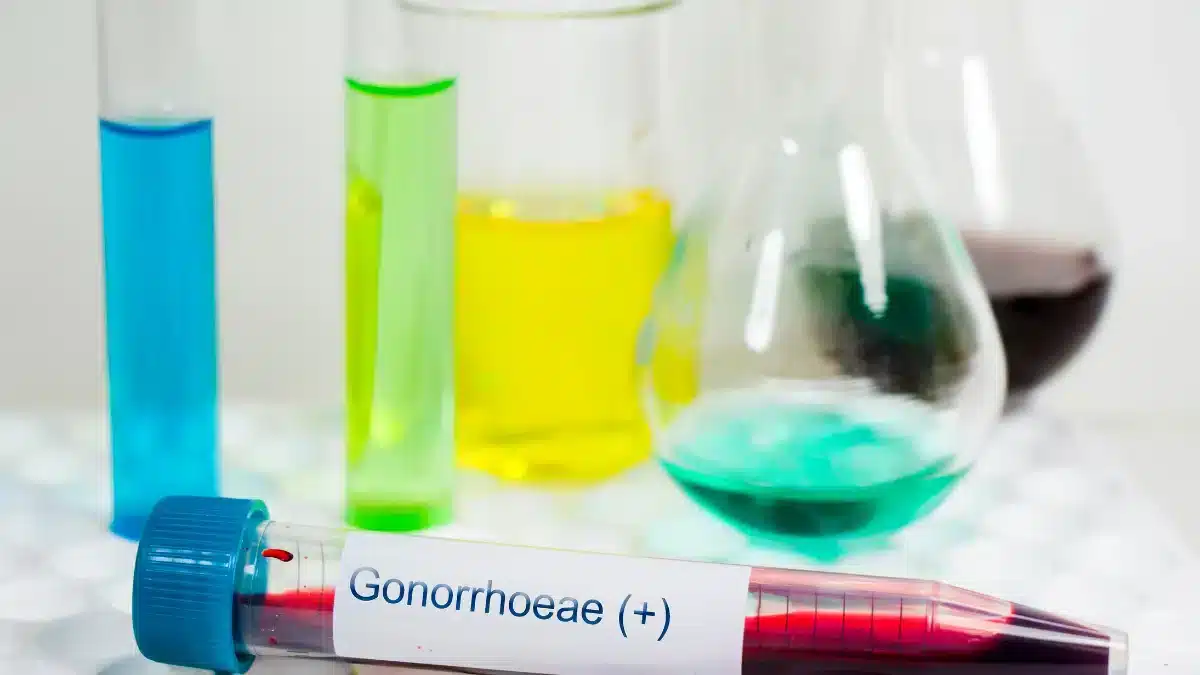Decoding the Origins: Why is Gonorrhea Called the Clap?
Gonorrhea, a Sexually Transmitted Infection (STI) that has been plaguing societies for centuries, is colloquially known as “the clap.”
The origin of this peculiar nickname has puzzled many, creating a sense of intrigue around the term.
In the world of sexual health, understanding the history and etymology behind such terms is crucial for promoting awareness and dispelling misconceptions.
So, why is Gonorrhea called the clap? Read the article to know more.
Why was Gonorrhea called the clap: The ancient connection
The historical roots of calling Gonorrhea can be traced back to the French phrase “les clapiers,” which literally translates to “rabbit huts.”
This term refers to the small dwellings where prostitutes resided and provided services to their clients.

This unique nickname shows how language and society connect during the war, giving us a glimpse into how medical terms evolve.
Also, during World War I and II, a strange misunderstanding emerged within the military culture.
Soldiers believed a huge round of applause could cure the infection, stemming from misguided treatments involving clapping the infected area.
Despite its questionable effectiveness, “the clap” stuck around, becoming part of military language and later seeping into everyday speech.
The ancient term “cleaopian” in Old English, signifying throbbing or beating, matches the pulsating pain of the infection.
Some argue that the term originates from an ancient practice where a sizable book was used to clap or strike the infected penis on both sides, aiming to eliminate pus.
William Shakespeare’s literary influence also adds another layer to the term’s etymology.
In “Love’s Labour’s Lost,” Shakespeare subtly refers to Gonorrhea as “the clap,” showcasing the power of cultural dissemination through language.
This Shakespearean thread underscores the intricate interplay between literature and everyday language.
It illustrates how medical conditions acquire colloquial names influenced by cultural dynamics.
In the era preceding antibiotics, Gonorrhea often accompanied Syphilis, creating a dual threat.
“The clap” symbolized the sudden and intense nature of the disease, drawing parallels to the clapping sound associated with painful genital inflammation.
While outdated in modern medicine, this historical symbolism endures in sexual health terminology, emphasizing the lasting impact of historical contexts on language.
Dispelling misconceptions

It is crucial to emphasize that prompt attention and treatment are necessary for Gonorrhea, which is a serious medical condition.
Referring to it as “the clap” should not trivialize the infection’s severity or perpetuate misconceptions about its consequences.
In contemporary discourse, accurate information is paramount for fostering responsible sexual health practices and dispelling the stigma surrounding Sexually Transmitted Infections (STIs).
Evolving treatments
The evolution of Gonorrhea’s nickname parallels the progression of its treatment methods.
Archaic approaches such as mercury injections were employed in the past, but the medical landscape has since transformed.
Today, the recommended treatment involves dual therapy with antibiotics, representing a significant shift towards more effective and targeted solutions.
Currently, the Centers for Disease Control and Prevention (CDC) advocate a single dose of 500 mg of intramuscular Ceftriaxone as the primary treatment for Gonorrhea.
Alternative regimens like Gentamicin are available when Ceftriaxone cannot be used.
Notably, the CDC underscores the importance of treating sexual partners, and retesting is advised three months after treatment due to the common occurrence of reinfection.
Conclusion
Gonorrhea’s nickname, “the clap,” has deep historical roots linked to French brothels and wartime associations.
Despite myths, it’s crucial to understand the seriousness of Gonorrhea and seek timely treatment.
The term reflects the evolving nature of language and medical practices.
Modern treatments, like antibiotic therapy, mark significant progress.
Dispelling misconceptions is vital for responsible sexual health, emphasizing accurate information over stigma.
Gonorrhea’s journey, from ancient nicknames to contemporary treatments, underscores the complex interplay between history, culture, and the evolution of medical terminology.
Frequently Asked Questions
Why is Gonorrhea called “the clap”?
The term “the clap” has historical origins, possibly stemming from the French phrase “les clapiers,” associated with small dwellings where prostitutes lived. The nickname evolved during World War II, as soldiers linked promiscuity with Gonorrhea transmission, highlighting the nuanced relationship between language and societal norms.
Is clapping the same as Gonorrhea?
Yes, “the clap” is a colloquial term referring to Gonorrhea. The origin of this nickname has historical roots, and it is synonymous with the Sexually Transmitted Infection caused by the bacterium Neisseria Gonorrhoeae.
How did Gonorrhea get the name the clap?
The nickname originated from French brothels, possibly connected to “les clapiers,” where prostitutes resided. It deepened during World War II as soldiers linked promiscuity with Gonorrhea transmission.
WowRx uses only high-quality sources while writing our articles. Please read our content information policy to know more about how we keep our content reliable and trustworthy.






